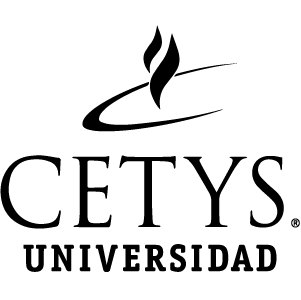https://repositorio.cetys.mx/handle/60000/1400| Campo DC | Valor | Lengua/Idioma |
|---|---|---|
| dc.contributor.author | Sorzano-Rodríguez, Deisy Milena | - |
| dc.date.accessioned | 2022-04-20T18:49:36Z | - |
| dc.date.available | 2022-04-20T18:49:36Z | - |
| dc.identifier.issn | 978-1-910814-62-8. | - |
| dc.identifier.uri | https://repositorio.cetys.mx/handle/60000/1400 | - |
| dc.description.abstract | In 2016, the agreement for the cessation of the conflict and the establishment of a sustainable and long-lasting peace was reached between the Colombian National Government and the Revolutionary Armed Forces of Colombia – People’s Army (FARC), one of the largest insurgent groups in the country, after more than fifty years of conflict. Based on the above, the chapter presents an overview of the characteristics of these two actors: it analyzes the role of the State and the FARC as the main actors in the conflict, without ignoring the fact that other protagonists emerged in this prolonged war. First, the chapter addresses the different definitions and conceptual contributions of the state, where the state is recognized as having the legitimate monopoly of violence and force. This is emphasized in the discussions of classical authors and specialists on the subject, where the state is identified as one of the main actors in the Colombian conflict. It is evident that marginalization and exclusion have determined elements in the development and prolongation of the conflict. In addition, this chapter presents an analysis of the meaning of insurgency, discussing concepts from different lenses, which allows for a general mention of the main movements in Latin America. Colombia, in particular, witnessed the emergence of social 51 Decolonizing Politics and Theories from the Abya Yala movements with defined political traits and ideology, armed groups inspired by the socialist narrative and based on the internal and limiting narratives of the country’s own political system, as detailed in the text. Lastly, the chapter provides a synthesis of the conflict in Colombia, where socio-political and economic uncertainties form important elements to further study the inefficiency of the government and institutions. | es_ES |
| dc.language.iso | en_US | es_ES |
| dc.rights | Atribución-NoComercial-CompartirIgual 2.5 México | * |
| dc.rights.uri | http://creativecommons.org/licenses/by-nc-sa/2.5/mx/ | * |
| dc.subject | Role | es_ES |
| dc.subject | Conflict | es_ES |
| dc.subject | Protagonists emerged | es_ES |
| dc.subject | War | es_ES |
| dc.title | Decolonizing politics and theories from the Abya Yala | es_ES |
| dc.type | Book chapter | es_ES |
| dc.description.edition | FERNANDO DAVID MÁRQUEZ DUARTE & VÍCTOR ALEJANDRO ESPINOZA VALLE | es_ES |
| dc.contributor.aditional | Mulume Oderhwa, Etienne | - |
| dc.subject.sede | Campus Tijuana | es_ES |
| dc.publisher.editorial | E-International Relations Bristol, England | es_ES |
| dc.title.chapter | Armed Actors in the Colombian Conflict: State vs Armed groups | es_ES |
| Aparece en las colecciones: | Capítulos de Libro | |
| Fichero | Descripción | Tamaño | Formato | |
|---|---|---|---|---|
| Decolonizing-Politics-and-Theories-from-the-Abya-Yala-–-E-IR.pdf | 3.79 MB | Adobe PDF |  Visualizar/Abrir |
Este ítem está protegido por copyright original |
Este ítem está sujeto a una licencia Creative Commons Licencia Creative Commons


